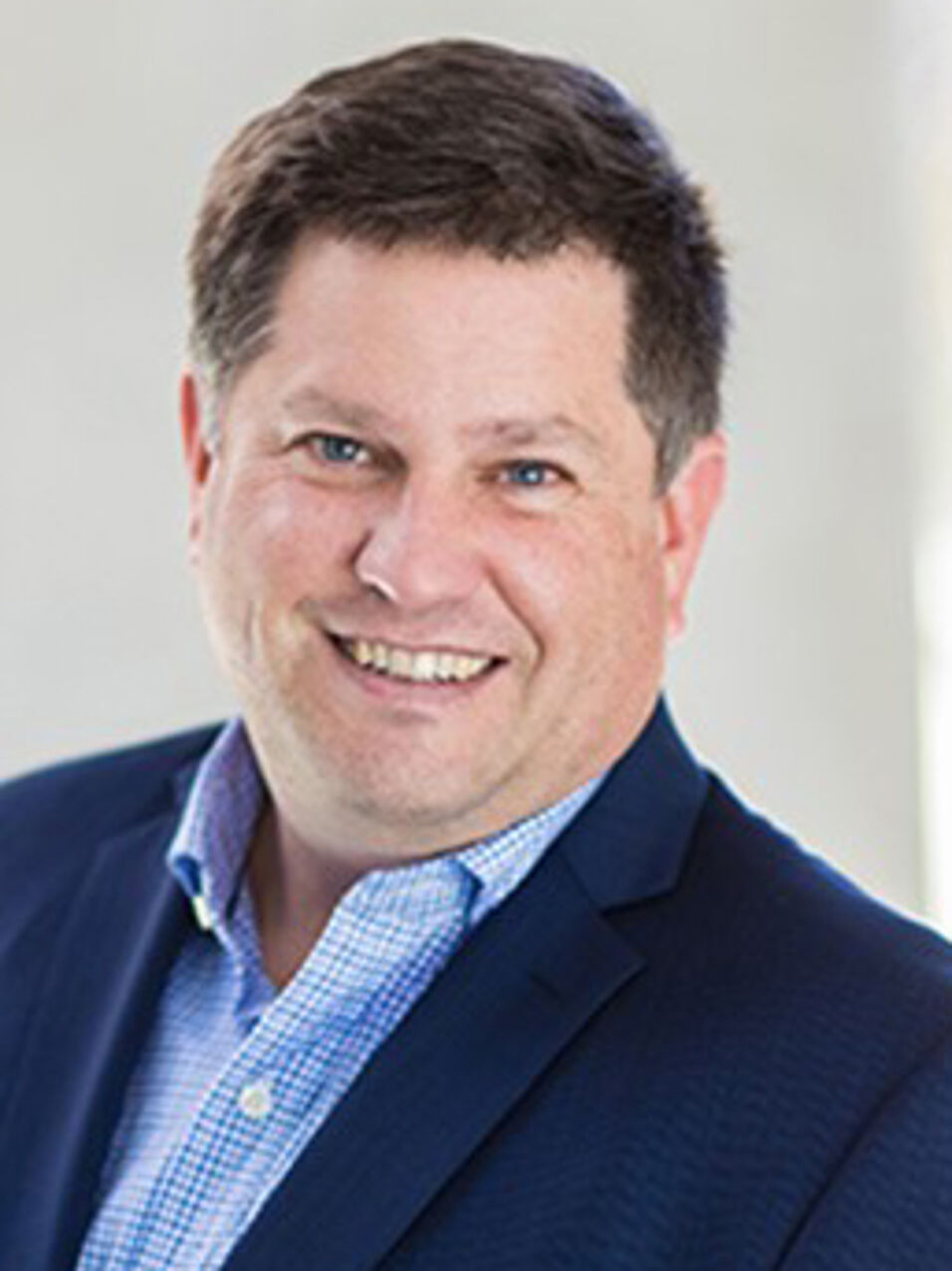The selective modification of macromolecules is a central tool of chemical biology. We have developed a suite of techniques for the chemoselective modification of unprotected macromolecules to facilitate total chemical synthesis, semisynthesis and the generation of bioconjugates. In one approach, the adaptation of well known, synthetic organic reactions to aqueous bioconjugation is facilitated through careful optimization of reaction conditions, leading to the development of novel diyne linked conjugates and macrocyclic peptides. In other work, we have developed new approaches for the C-terminal activation of proteins utilizing intramolecular reactions to provide a desired level of activation under mild reaction conditions. Finally, the reversable adsorption of macromolecules to a solid support (RASS) approach facilitates the compatibility of peptides, proteins and DNA with non-traditional reaction conditions. This approach promises to have broad utility for the chemical manipulation of macromolecules and to transform the development of chemically complex DNA encoded libraries for drug discovery. The broad potential for the application of these methodologies in the development of potent bioactive molecules will be discussed.
Philip Dawson is the dean of Graduate and Postdoctoral Studies at Scripps Research and a professor in the Department of Chemistry. As dean, he oversees the Skaggs Graduate School of Chemical and Biological Sciences, a program consistently ranked among the top 10 in the nation.
Dawson’s research focuses on the development of synthetic tools for the chemical synthesis of proteins and bioconjugation. For his accomplishments in this field, he has received the Alfred P. Sloan Foundation Fellowship, the Vincent du Vigneaud Award from the American Peptide Society, the Max Bergmann Gold Medal for outstanding contributions in peptide chemistry, the Leonidas Zervas Award from the European Peptide Society and the MedImmune Protein and Peptide Science Award from the Royal Society of Chemistry.
He has served on the advisory boards of numerous journals, companies and international conferences. Additional contributions have been made as a member of the board of directors for the Federation of American Societies for Experimental Biology (FASEB) and as the president of the American Peptide Society. His studies have been reported in more than 175 peer-reviewed publications that have garnered over 20,000 citations.
Dawson earned his doctorate at the Scripps Research’s graduate program in 1996, following his bachelor's degree in Chemistry from Washington University in St. Louis in 1992. He pursued postdoctoral work at the California Institute of Technology before returning to Scripps Research as an assistant professor. In 2011, he served on the Dean’s Advisory Committee and in 2012, became associate dean of Graduate Studies. In 2017, Dawson became a full professor and was appointed to his current position.


